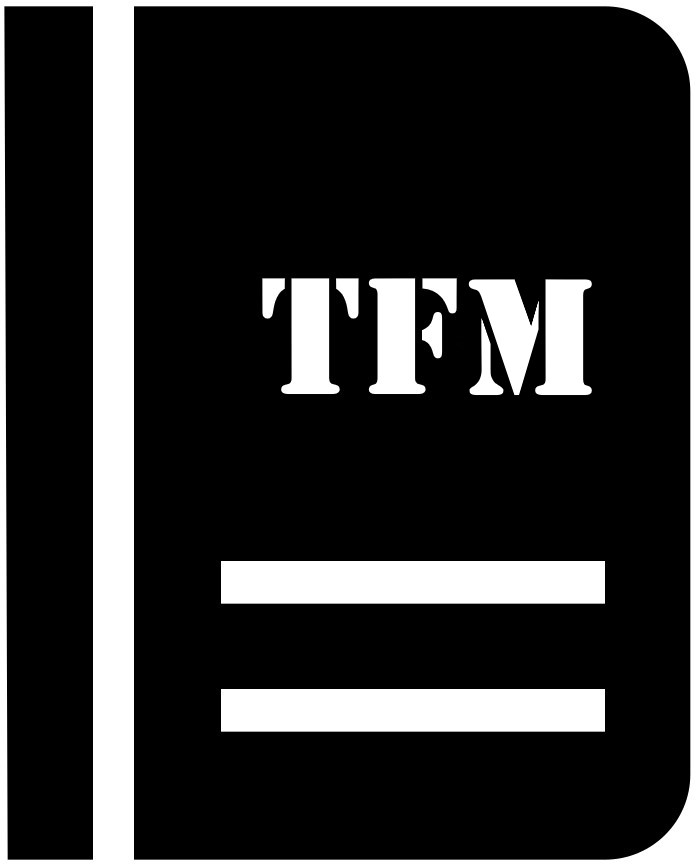|
Author Escobairó Felip, Jordi B. |
Abstract Since the discovery of its antitumorigenic properties, doxorubicin has been widely implemented as a chemotherapeutic agent, alone or in combination, for the treatment of various adult and pediatric cancers (breast cancer, ovarian cancer, Hodgkin's disease, among others). Although doxorubicin has been shown to be a very potent and effective cytotoxic drug in slowing and / or arresting tumor growth, cancer survivors tend to develop short-term or chronic acute cardiomyopathies. ZeCardio Therapeutics is a pharmaceutical company that uses the HTS methodology to discover new molecules that can improve the lives of patients suffering from heart disease. Specifically, the CardioProtection pipeline seeks active compounds that reverse the cardiotoxic side effects of doxorubicin in chemotherapy-treated patients. The approach followed by ZeCardio Therapeutics in their HTS campaigns is to combine both, in vitro cell system assays, with cardiomyoblasts, and in vivo animal assays with zebrafish (Danio rerio). Zebrafish have become an important asset in HTS, as they represent the complexity of all living things and maintain a high homology with humans. ZeCardio Therapeutics developed a custom hardware and software platform designed for high throughput in vivo, phenotypic screening of zebrafish larval cardiac function and blood flow phenotypes. The size of zebrafish larvae adapt to micropus plates, the transparency of their skin makes them ideal for non-invasive imaging, and the viability of transgenic lines facilitate the study of specific organs by fluorescence microscopy. Consequently, ZeCardio Therapeutics® uses a transgenic zebrafish line that expresses the fluorescent protein GFP in cardiomyocytes, facilitating the analysis of the cardiac phenotype using the HTS methodology and several potential cardioprotective achievements have been identified against the cardiotoxicity induced by. However, further experimental validation studies were required. In this work, on the one hand we optimized a cardiotoxic zebrafish larvae model induced by doxorubicin by in vivo phenotypic screening of the heart and, on the other hand, we established a cardiomyoblast H9C2 rat cardiotoxic model for the in vitro screen of compounds. In addition, the models are used to screen successful compounds from a previous HTS campaign evaluating potential cardioprotective doxorubicin-induced cardiotoxicity. In addition, another orthogonal experiment is carried out, evaluating the gene expression of cardiotoxic biomarkers in zebrafish using qPCR. |
|
|
Director Jung, Carole; Méndez, Eva |
||
|
Degree IQS SE - Master’s Degree in Bioengineering |
||
|
Date 2021-06-30
|



